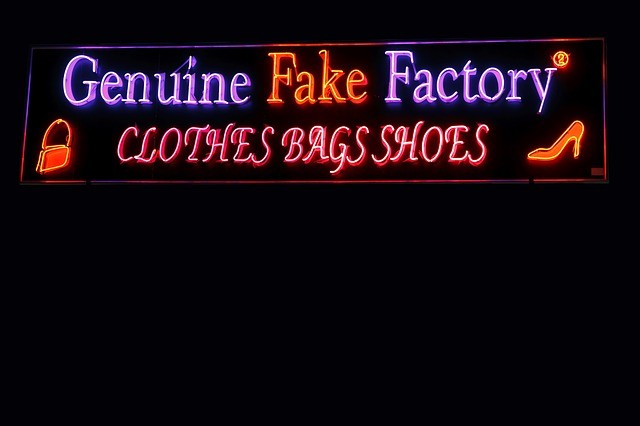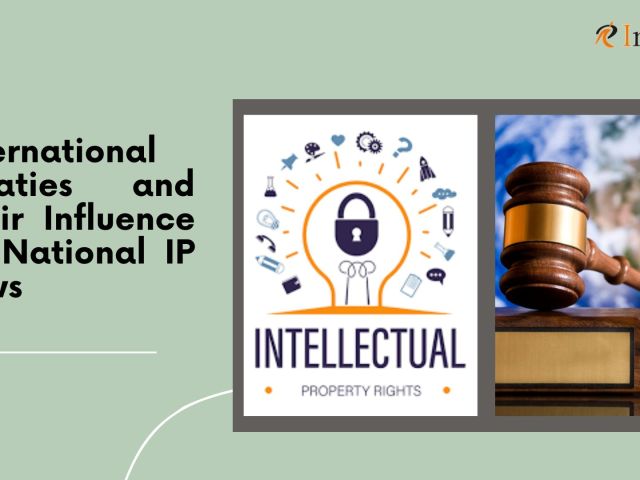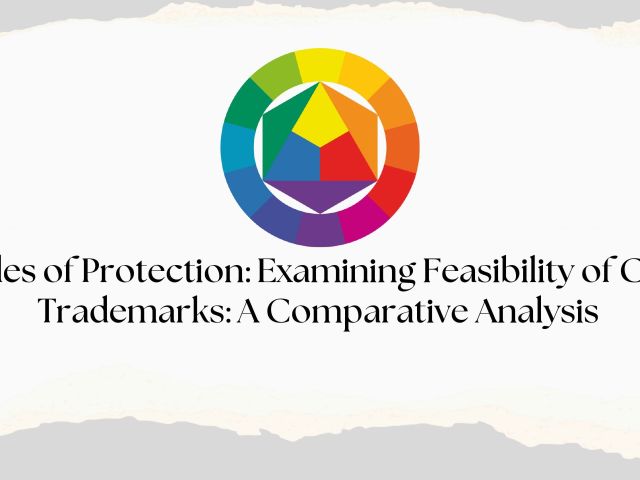E commerce: A safe haven for counterfeiters
E-commerce has become a haven for the counterfeiters to make unlawful profits by deceiving consumers across the globe. Counterfeits have become one of the biggest economic issues of this era. By 2022, the value of counterfeit and pirated goods is predicted to grow to $2.8 trillion and cost 5.4 million jobs. It has brutally dented the business relationships among producers, intermediaries and the consumers. China has historically been known as the global factory of counterfeits. Therefore, it does not come as a surprise that a Chinese multinational e-commerce giant has consistently been in the headlines for its involvement in the mass distribution of fakes.
Alibaba- “the notorious market”
Alibaba, an e-commerce giant has always been on the radar of law enforcement authorities because of its involvement, intentional or unintentional, in distribution of counterfeit products. In 2014, Ni Liang, Senior Director of the Security Department for Alibaba Group, presented a paper on Alibaba.com’s IP protection practices at the Ninth meeting of the WIPO Advisory Committee on Enforcement in Geneva, Switzerland. Mr. Liang boasted about his company’s efforts in curbing piracy which includes a voluminous expenditure of more than 100 million Yuan each year in order to fight inferior and counterfeit products. The company has established a task force comprising of 5,000-strong professional IP protection team, staff from relevant departments and online volunteers. Alibaba has also come up with an intellectual property protection platform- AliProtect. As claimed on their official website, AliProtect strives to provide a platform for right holders and their agents to enforce intellectual property rights efficiently.
Ironically, since 2016 the U.S. Trade Representative (USTR) has put Alibaba’s Taobao on its blacklist over suspected counterfeits sold on the shopping platform. Tabao has been classified as “Notorious Market”, a designation for the world’s biggest violators of IP, trademark, and copyright law. The action has obviously outraged Alibaba as is evident from the statement of the Group President, Michael Evans- “In light of all this, it’s clear that no matter how much action we take and progress we make, the USTR is not actually interested in seeing tangible results.”
A Growing Parasitical Economy in India: Challenges Ahead
Cyberspace involves extraordinary complexities and challenges when it comes to its regulation. It cannot be disputed that law enforcement agencies of most countries are not equipped and trained to deal with cybercrimes including online piracy. Jurisdictional issues bring with them legal challenges for law enforcement agencies as the violators of IP, trademark, and copyright laws, operate trans-nationally. Hence, a preliminary issue is always on the table to be deliberated upon.
India is among those countries which are at the receiving end as far as parallel market of fakes is concerned. According to a report in RedSeer, a market research firm, the Indian e-commerce industry lost USD 3.4 billion in Gross Merchandise Volume (GMV) due to product returns in 2017. According to a survey conducted in India by LocalCircles, 12% consumers said that they had received counterfeit products on Snapdeal, while 11% said Amazon and 6% cited Flipkart.
India’s business is booming better than ever before in e-commerce sector and it brings with it an opportunity for India’s young entrepreneurs to access global markets and consumers in a faster and cost effective way. However, the scourge of piracy has belittled this opportunity. Consumers do not have unconditional faith on e-commerce platforms anymore and one of the responsible factors for the deteriorating business relations is- lack of action on the part of regulators. Therefore, the regulatory authorities need to take a stringent approach to curb the menace of online piracy. If not done so, young and developing businesses in countries like India will incur irreparable damage.




